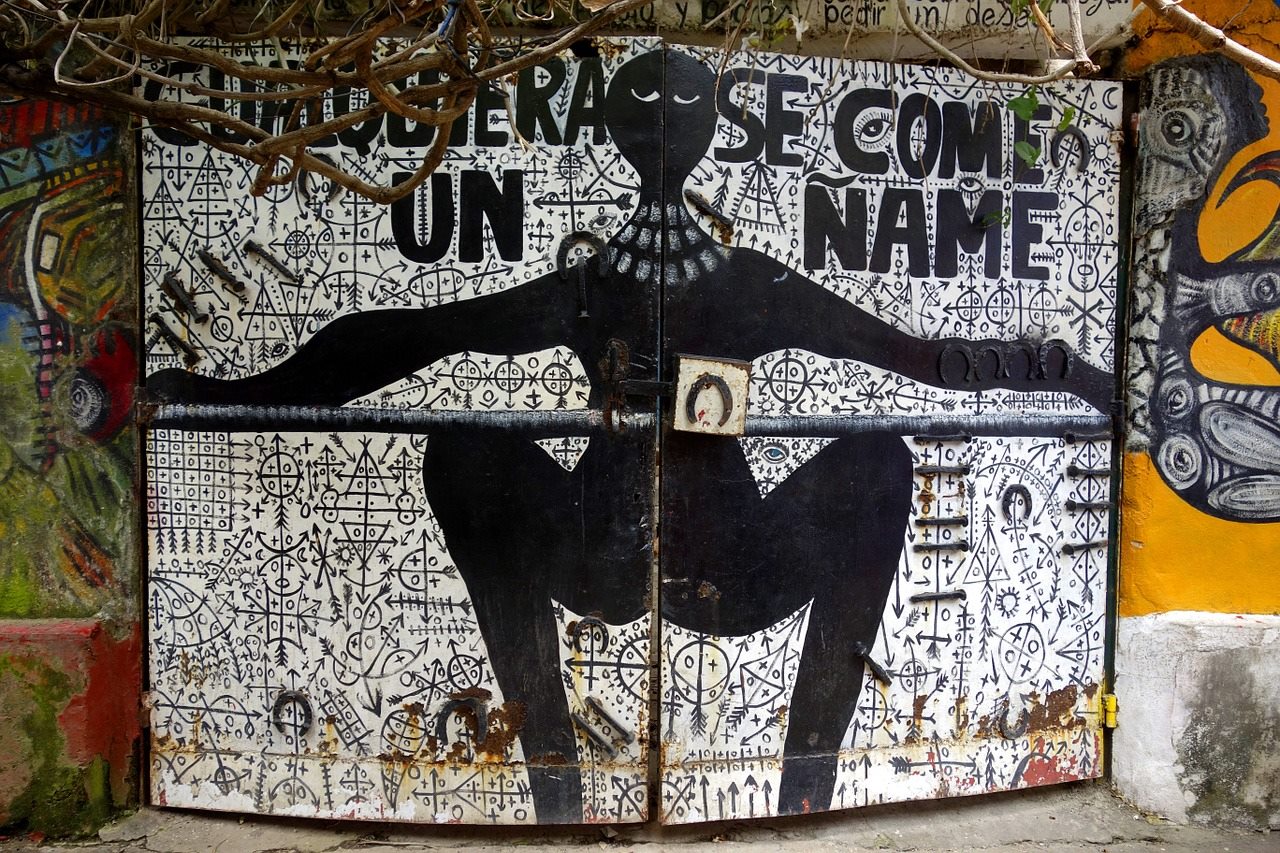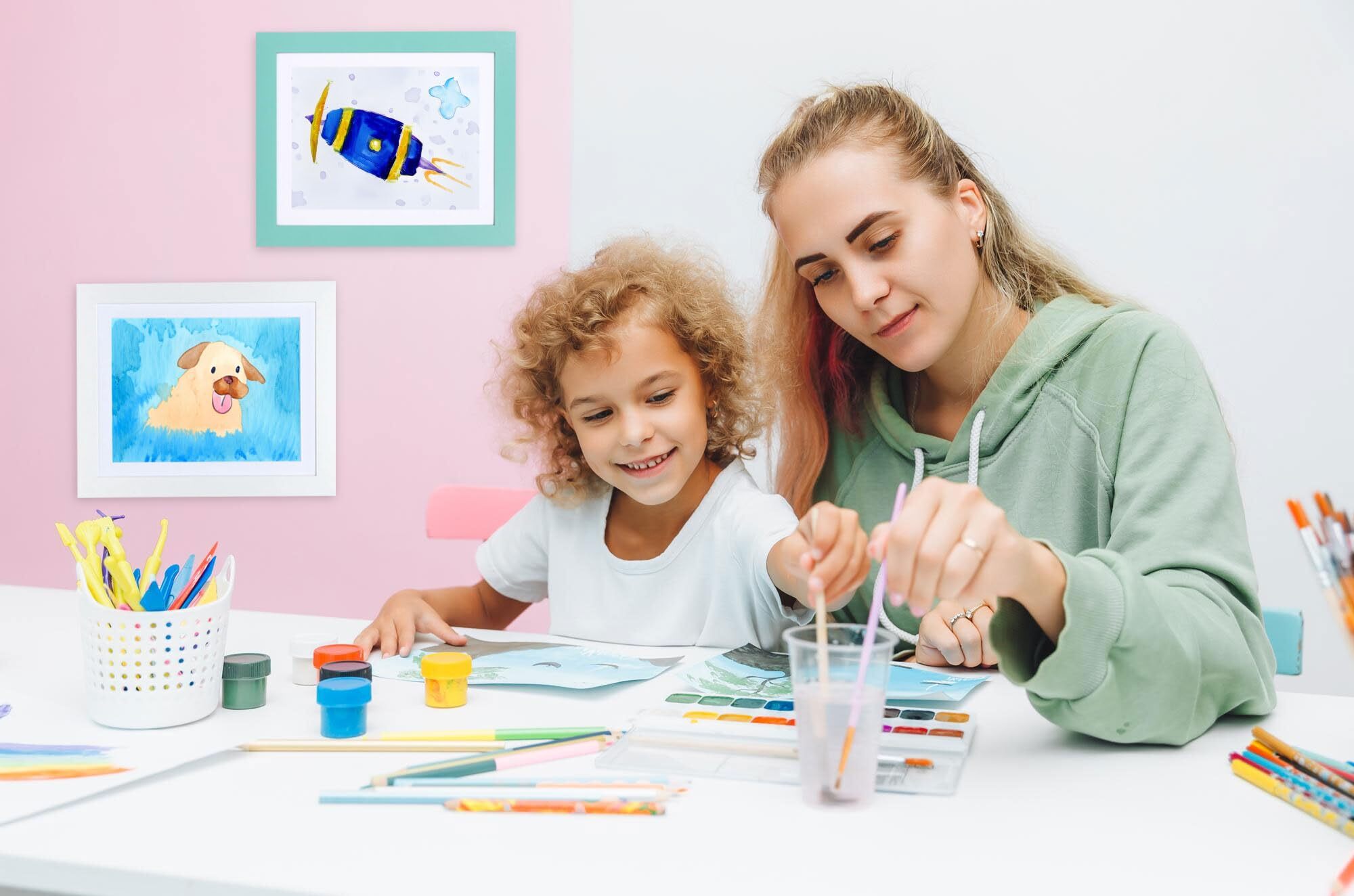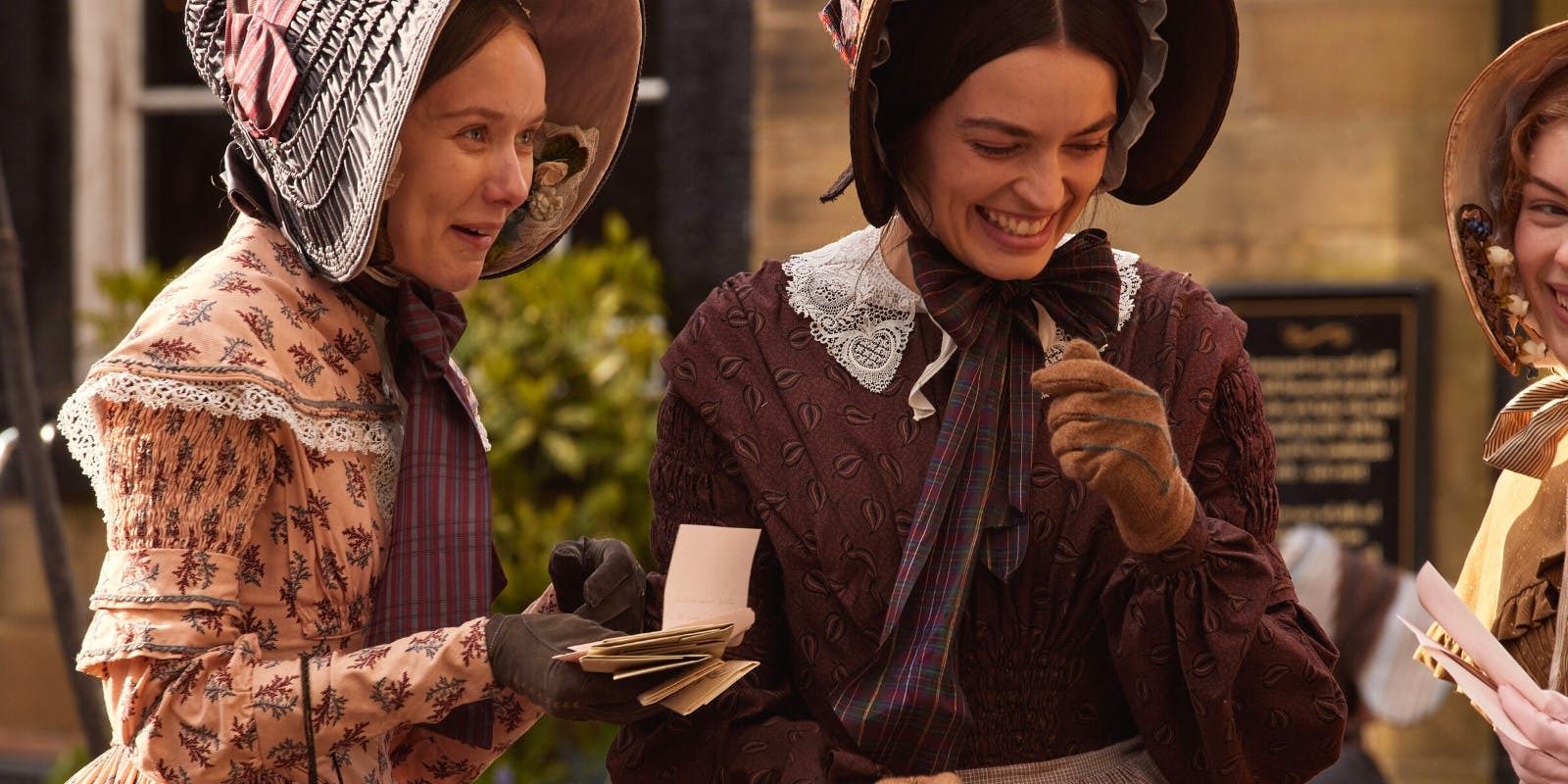
Are you curious about the mystical and magical practices that have deep roots in the Caribbean? Look no further, as we delve into the intriguing world of Obeah. Obeah is a religious and spiritual belief system that originated in West Africa and was brought to the Caribbean through the transatlantic slave trade. It has since evolved into a unique blend of African, Indigenous, and European traditions, capturing the imagination of many who seek its mystical powers.
In this article, we will explore 15 fascinating facts about Obeah, shedding light on its history, beliefs, rituals, and its significance in Caribbean culture. From its controversial reputation to its connection with spirituality and healing, we will uncover the captivating aspects of this ancient practice. So, get ready to embark on a journey into the realm of Obeah, where the paranormal and the supernatural collide.
Key Takeaways:
- Obeah is a diverse spiritual practice rooted in Caribbean culture, blending African, Indigenous, and European traditions to bring healing, protection, and guidance to individuals and communities.
- Obeah is not inherently good or evil; its impact depends on the intentions and actions of the practitioner. It continues to evolve and adapt, reflecting the ever-changing world we live in.
Obeah is a spiritual and healing practice developed in the Caribbean.
Obeah is a powerful spiritual and healing practice that originated in the Caribbean. It is rooted in the beliefs and traditions of African, Indigenous, and European cultures that have blended together over centuries. Obeah practitioners, often known as Obeahmen or Obeahwomen, harness the forces of nature and connect with ancestral spirits to bring about positive changes in the lives of individuals and communities.
Obeah is often misunderstood and associated with black magic.
Due to its mystical nature, Obeah has often been misunderstood and misrepresented as black magic or witchcraft. However, Obeah is a complex belief system that encompasses various spiritual practices, including healing, protection, divination, and manifestation. It is a way of connecting with the spiritual realm and harnessing its powers for the betterment of oneself and others.
Obeah incorporates elements of African, Indigenous, and European spiritual traditions.
Obeah is a unique blend of African, Indigenous, and European spiritual traditions. It draws upon the rituals, symbols, and beliefs of various cultures, including West African spiritual practices, Native American spirituality, and European folk magic. This syncretic nature of Obeah reflects the diverse history and influences that have shaped the Caribbean region.
Obeah is often practiced alongside Christianity.
Many practitioners of Obeah incorporate Christian elements into their spiritual practice. This is due to the historical context of colonization, as Christianity was imposed upon enslaved Africans in the Caribbean. As a result, Obeah rituals and ceremonies may include prayers, Bible verses, and references to Christian saints alongside traditional African and Indigenous spiritual practices.
Obeah rituals may involve the use of talismans and charms.
Talisman and charm-making are integral parts of Obeah rituals. These objects are believed to contain specific energies and powers that can offer protection, bring good luck, or ward off negative influences. The materials used for talismans and charms vary depending on the intended purpose, and they often incorporate natural elements such as herbs, stones, and animal parts.
Obeah has been both persecuted and celebrated throughout history.
Obeah has a complex history of persecution and celebration. During the colonial era, Obeah was suppressed and criminalized by European powers who viewed it as a threat to their authority. However, among Afro-Caribbean communities, Obeah has also been celebrated as a source of spiritual empowerment and resistance against oppression.
Belief in Obeah is still prevalent in many Caribbean countries.
Despite centuries of repression, belief in Obeah remains prevalent in many Caribbean countries. Obeah practices continue to be passed down through generations, with practitioners playing important roles as healers, advisors, and spiritual leaders within their communities. Obeah is often seen as a way to seek guidance, protection, and solutions to life’s challenges.
Obeah rituals often involve invoking ancestral spirits.
Central to Obeah rituals is the invocation of ancestral spirits. Practitioners believe that by connecting with their ancestors, they can tap into their wisdom, guidance, and power. Through prayers, chants, and offerings, Obeahmen and Obeahwomen establish a strong spiritual connection with the ancestral realm.
Obeah rituals can be performed for various purposes.
Obeah rituals can be performed for a wide range of purposes, including healing physical and emotional ailments, attracting love and prosperity, removing spiritual blockages, and seeking spiritual guidance. The rituals often involve the use of herbs, candles, incense, and other sacred objects to create an atmosphere conducive to spiritual communication and manifestation.
Obeah is deeply rooted in nature and the elements.
Obeah recognizes the power and significance of nature and the elements. The practice emphasizes the interconnectedness of humans, plants, animals, and the natural world. Obeah rituals often take place in natural settings, such as forests or rivers, to harness the energy and spiritual vibrations of the environment.
There is no centralized authority or hierarchy in Obeah.
Obeah is a decentralized spiritual practice with no centralized authority or hierarchy. Each practitioner has their own unique approach and methods, often passed down through familial or community traditions. The diversity within Obeah allows for a rich tapestry of beliefs and practices to flourish.
Obeah is not limited to any specific ethnic or cultural group.
Obeah is inclusive and open to people of all ethnic and cultural backgrounds. It is not limited to any specific group and has been embraced by individuals from various racial and cultural backgrounds. Its universal principles of connection, healing, and spiritual empowerment resonate with people seeking a deeper understanding of themselves and the world around them.
Obeah is often confidential and highly personalized.
Personalized rituals and practices are a key aspect of Obeah. Obeahmen and Obeahwomen work closely with their clients to understand their individual needs and goals before designing personalized rituals and remedies. The personalized nature of Obeah ensures that each individual’s spiritual journey is unique and tailored to their specific circumstances.
Obeah is not inherently good or evil.
Obeah, like any spiritual practice, is not inherently good or evil. It is the intentions and actions of the practitioner that determine the outcome. While Obeah can be used for positive purposes such as healing and protection, there is also the potential for misuse or manipulation. It is crucial to approach Obeah with respect, integrity, and a clear ethical framework.
Obeah continues to evolve and adapt in modern times.
Just as Obeah has evolved and adapted throughout history, it continues to do so in modern times. With global connectivity and the exchange of ideas, Obeah has been influenced by other spiritual practices and perspectives, further enriching its diversity. Obeah remains a dynamic and vibrant spiritual tradition that reflects the ever-changing world we live in.
Conclusion
In conclusion, Obeah is a fascinating and complex religious practice that holds deep roots in African spirituality. It encompasses a multitude of beliefs, rituals, and practices that have evolved over centuries. Obeah is not only a religious tradition but also a cultural expression, deeply intertwined with the history and identity of the Caribbean region.Throughout this article, we have explored 15 facts about Obeah, shedding light on its origins, beliefs, and practices. From its connection to African ancestral worship to its association with spiritual healing and protection, Obeah offers a unique perspective on the spiritual realm.While Obeah may sometimes be misunderstood or misrepresented, it remains an integral part of the cultural fabric of the Caribbean. Its practitioners continue to find solace, guidance, and a sense of belonging within its teachings. By delving deeper into the intricacies of Obeah, we can gain a better understanding and appreciation for this rich religious tradition.
FAQs
Q: What is Obeah?
A: Obeah is a religious and spiritual practice that originated in Africa and was brought to the Caribbean by enslaved Africans. It encompasses beliefs, rituals, and practices that are connected to African ancestral worship.
Q: Is Obeah considered a form of witchcraft?
A: While Obeah does involve the use of spiritual rituals and practices, it is important to distinguish it from witchcraft. Obeah focuses on connecting with ancestral spirits and harnessing their energy for healing, protection, and guidance.
Q: Is Obeah widely practiced today?
A: Obeah is still practiced in the Caribbean, particularly in countries such as Jamaica, Trinidad and Tobago, and Barbados. However, its practice is often stigmatized and misunderstood due to its connections to African spirituality.
Q: Are there any risks involved in practicing Obeah?
A: Like any spiritual practice, Obeah should be approached with respect and caution. It is important to seek guidance from experienced practitioners and ensure that the intentions and rituals are carried out with pure motives.
Q: Are there any similarities between Obeah and other religions?
A: Obeah shares some similarities with other African diasporic religions such as Vodou, Santeria, and Hoodoo. These religions all incorporate beliefs and practices that stem from African spiritual traditions but have developed unique characteristics based on the influences of the respective regions where they are practiced.
Q: Can anyone practice Obeah?
A: Obeah is traditionally passed down through generations within specific lineages or families. However, there are individuals who are initiated into Obeah and practice it outside of these lineage-based traditions. It requires a deep understanding of the rituals, symbols, and spiritual beliefs associated with Obeah.
Q: Is Obeah recognized as a legitimate religion?
A: While Obeah is not widely recognized as an official religion, it holds significant cultural and historical importance in the Caribbean. Efforts are being made to preserve and protect the practice of Obeah as a recognized part of Caribbean heritage.
Q: Is Obeah practiced in any other parts of the world?
A: Obeah is primarily practiced in the Caribbean region. However, due to migration and diaspora, Obeah has also found its way to other parts of the world, where Caribbean communities have established themselves.
Q: Can Obeah be used for harmful purposes?
A: While the intentions behind Obeah are typically positive, it is important to acknowledge that like any spiritual practice, it can be misused. Some individuals may use Obeah for personal gain, manipulation, or harm. However, these actions go against the core principles and teachings of Obeah.
Q: Are there any legal restrictions on practicing Obeah?
A: The legality of practicing Obeah varies from country to country within the Caribbean. In some nations, it is officially recognized as a cultural and religious practice, while in others, it may be viewed with skepticism or face legal restrictions.
Obeah's fascinating blend of spiritual traditions and rituals is just one facet of the vibrant tapestry of Caribbean culture. For those curious about other aspects of this rich heritage, exploring the lively festivities of Toronto Caribbean Carnival (Caribana) offers a joyful immersion. Alternatively, delving into the intricacies of Falun Gong provides insights into another captivating spiritual practice. And for those drawn to the enigmatic world of witchcraft, unraveling the diverse types of witches is sure to pique their interest.
Was this page helpful?
Our commitment to delivering trustworthy and engaging content is at the heart of what we do. Each fact on our site is contributed by real users like you, bringing a wealth of diverse insights and information. To ensure the highest standards of accuracy and reliability, our dedicated editors meticulously review each submission. This process guarantees that the facts we share are not only fascinating but also credible. Trust in our commitment to quality and authenticity as you explore and learn with us.


